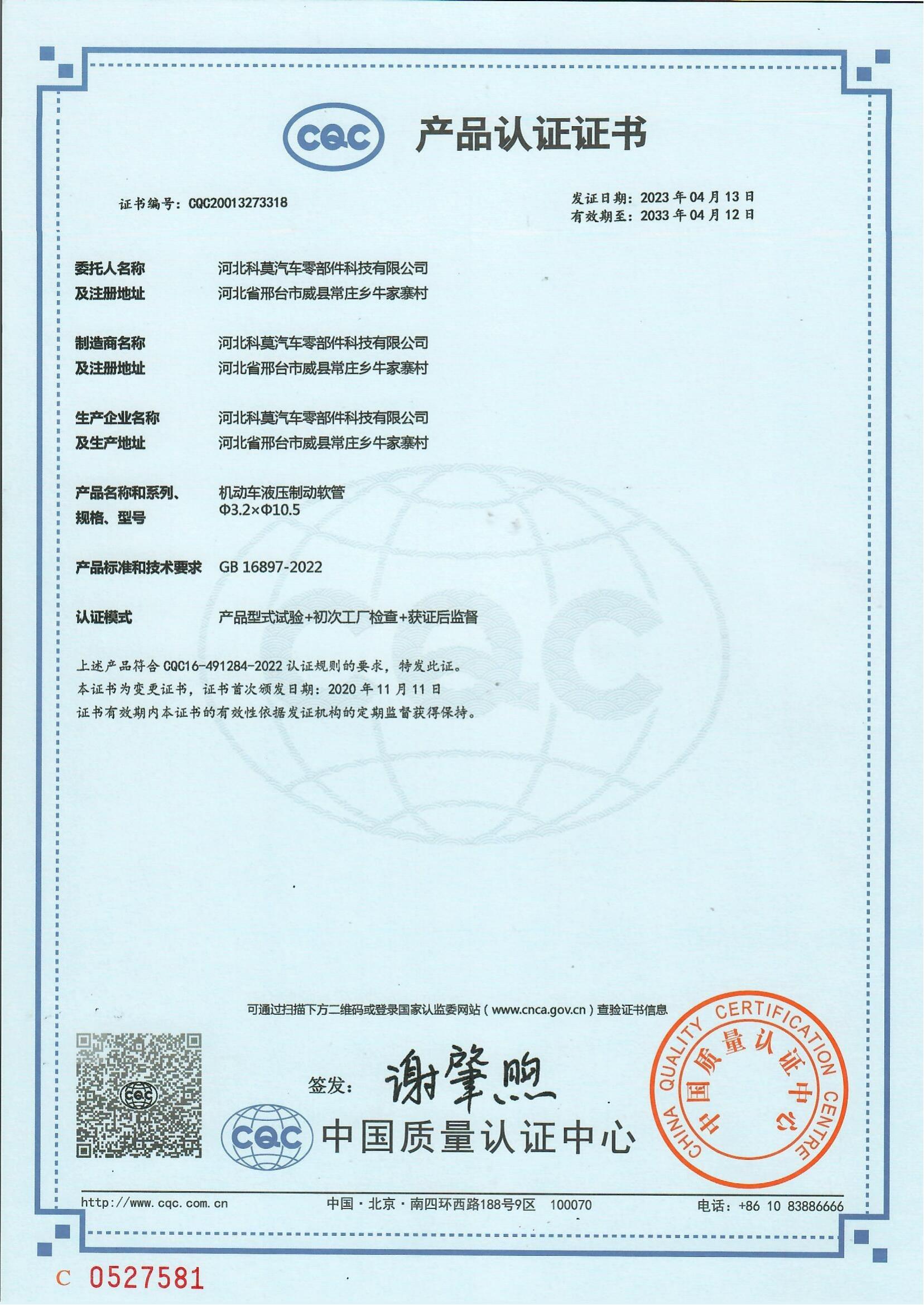Maintaining Safety and Efficiency in High-Pressure Oil Pipeline Systems
Nov . 16, 2024 22:16 Back to list
Maintaining Safety and Efficiency in High-Pressure Oil Pipeline Systems
Understanding High Pressure Oil Lines Importance and Maintenance
High pressure oil lines play a crucial role in various industrial applications, including hydraulic systems, oil transportation, and engine lubrication. These lines are designed to handle high pressures associated with the flow of oil, ensuring efficient operation and safety in machinery and vehicles.
One of the primary functions of high pressure oil lines is to transport oil from one point to another, often from a reservoir or pump to various components that require lubrication or hydraulic power. In automotive applications, for example, high pressure oil lines are integral to ensuring that engine parts receive the oil necessary to operate smoothly. A consistent and high-pressure oil supply prevents overheating and reduces friction between moving parts, thereby extending the life of the engine.
However, with the benefits of high pressure oil lines come certain challenges that necessitate regular maintenance and vigilance. Over time, these lines can be subjected to wear and tear due to high pressure, temperature fluctuations, and exposure to various environmental factors. It is essential to inspect these lines periodically to identify any signs of damage, such as leaks, corrosion, or cracks. A small leak in a high pressure oil line can lead to significant losses and even catastrophic failures, making timely detection and repair critical.
high pressure oil line

Additionally, the materials used in manufacturing high pressure oil lines are of paramount importance. They must be robust enough to withstand the rigors of high pressure while being resistant to the oil’s corrosive properties. Common materials include stainless steel and reinforced rubber, both of which offer durability and reliability. Ensuring that the right materials are chosen for the specific application can prevent premature failure and extend the service life of the oil lines.
Moreover, installation practices also influence the performance of high pressure oil lines. Proper routing, securing, and support of these lines can minimize the risk of stress and wear. Unrestricted movement and exposure to unnecessary bends or twists should be avoided to ensure optimal flow and pressure retention.
In conclusion, high pressure oil lines are essential components in many mechanical systems, and their maintenance is fundamental to the overall functionality and safety of the equipment they serve. Regular inspections, appropriate material selection, and careful installation can help prevent potential failures and enhance the reliability of systems relying on high pressure oil transport. By investing in the upkeep of these lines, industries can ensure effective operation and reduce the risks associated with high pressure oil flow.
